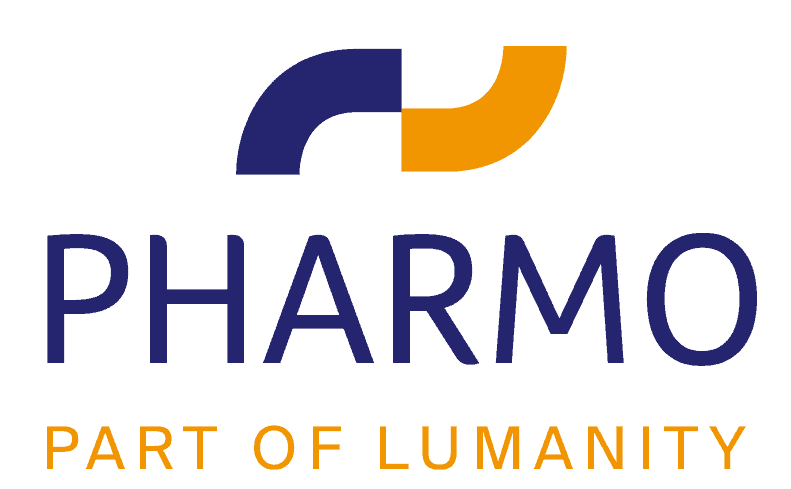No decreased risk of gastrointestinal cancers in users of metformin in The Netherlands; a time-varying analysis of metformin exposure
Previous studies on metformin use and gastrointestinal (GI) cancer risk have yielded inconclusive results on metformin’s chemoprotective effects. We aimed to evaluate GI cancer risk in users of metformin in The Netherlands using a time-varying apprach in a large population-based database. A cohort study was performed using the NCR-PHARMO database
